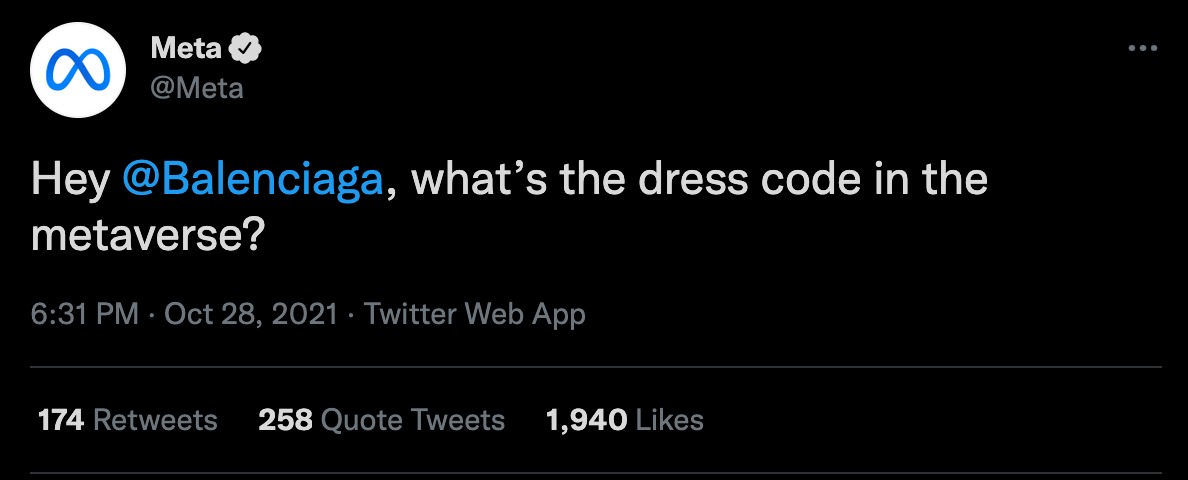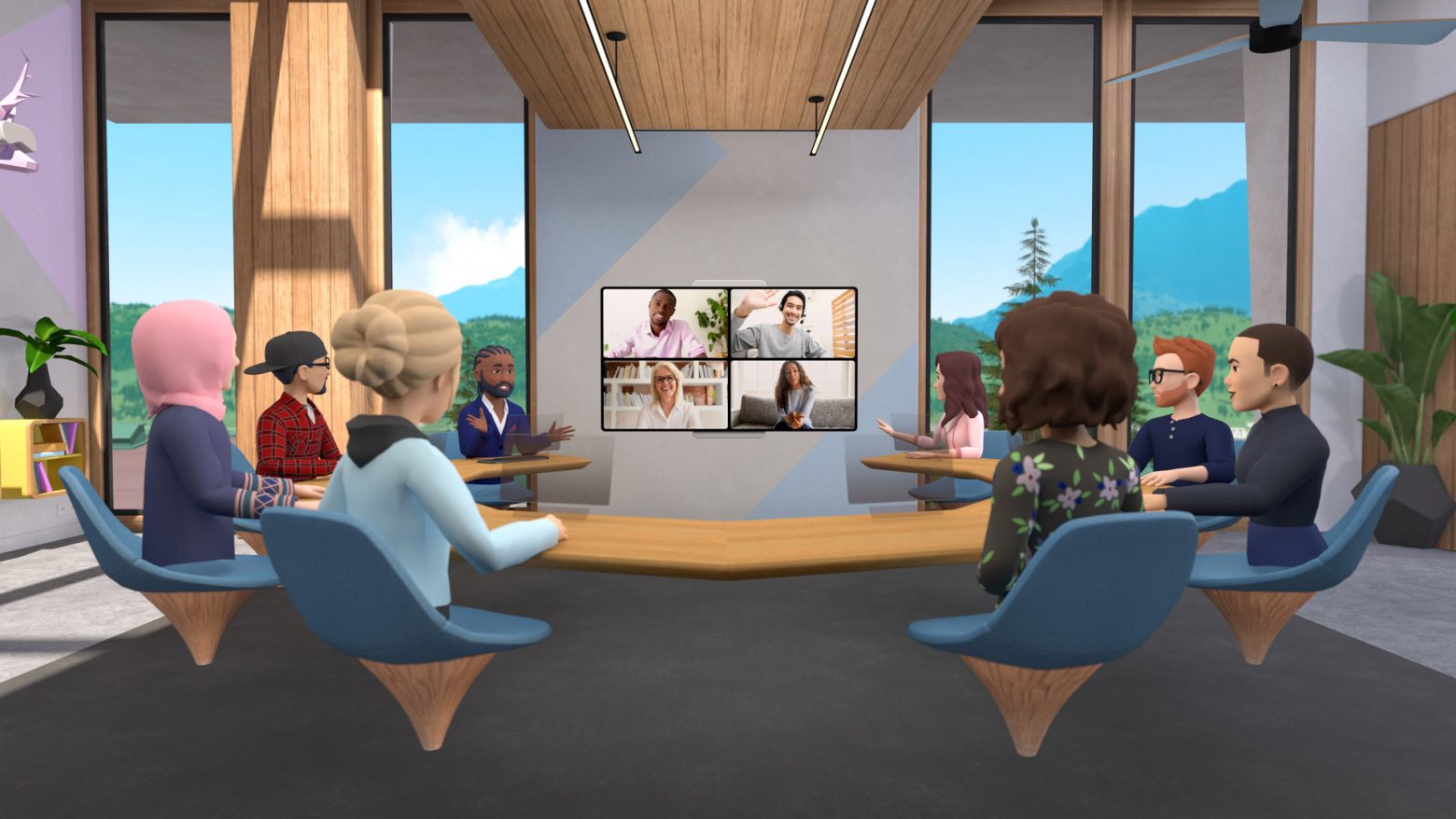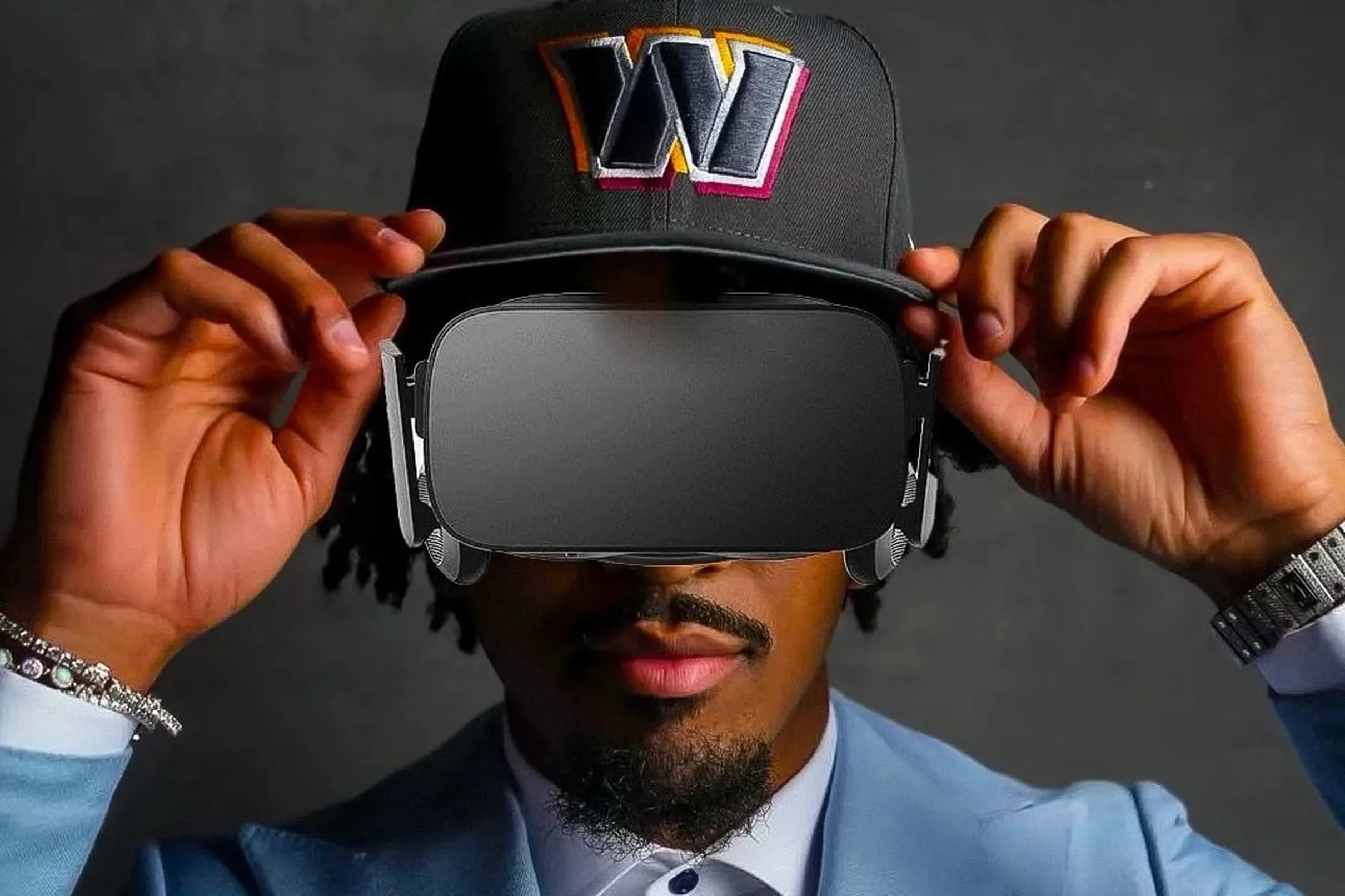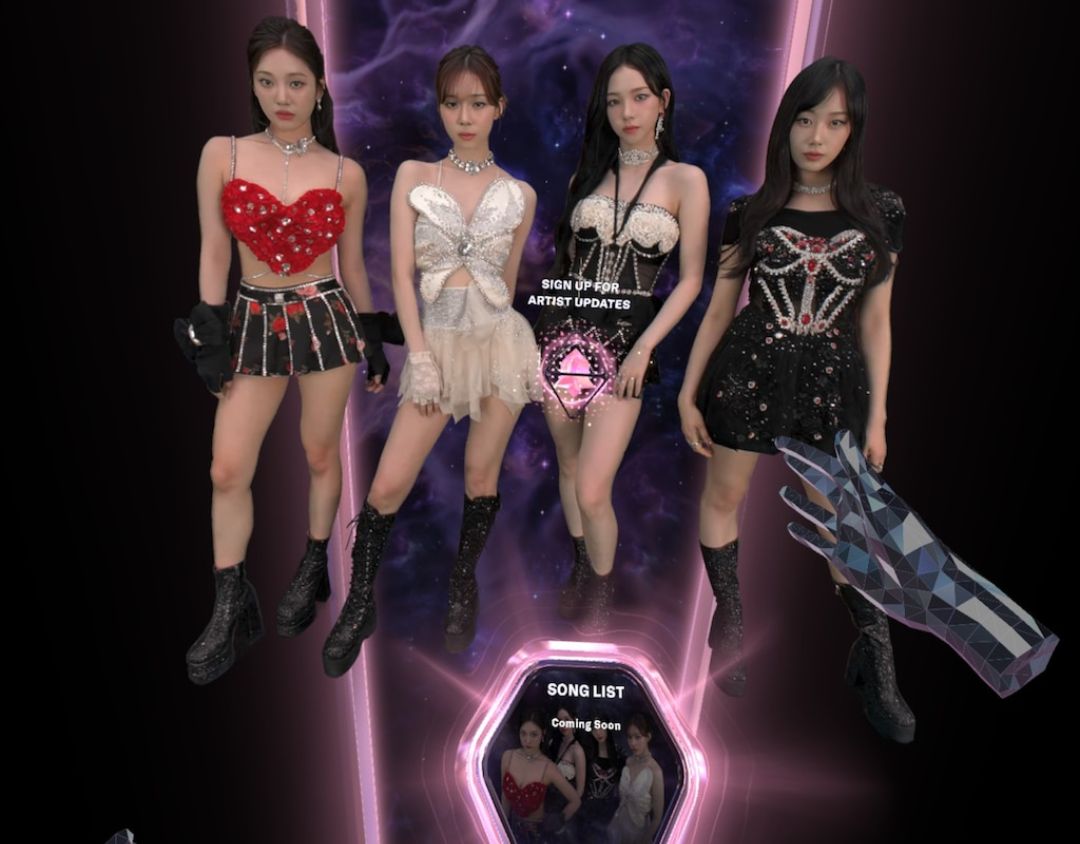Facebook has officially changed its name to Meta to rebrand the company and possibly undo the damage caused by document leaks and government scrutiny over data handling and misinformation.
While Mark Zuckerberg tells us that the new name will “bring the company’s apps and technologies under one new company brand,” it seems like Facebook now Meta is trying to kill two birds with one stone. First, it wants to venture into metaverse to explore possibilities for new products and services and possibly gain monopoly in the domain; and second, the company wants to distance itself from the tsunami of bad press it has garnered in recent years.
Mark Zuckerberg had to testify before the congress (and the world) to explain Facebook’s algorithmic flaws, its approach to handling user privacy and data, monopolistic practices, election security, and overall transparency in governance once in April 2018 and then in March 2021. If that wasn’t enough to shake the platform’s ground, the newly leaked papers by Frances Haugen made things even worse for the world’s most recognizable brand name, ‘Facebook’.
Earlier this year, Zuckerberg announced that he has plans to change Facebook into a Metaverse company and this name change seems to be the stepping stone. While it makes sense to discover new possibilities in AR/VR, why does the company have to go through a full rebrand? Would this fix the social damage Facebook is being held accountable for?
What Exactly Is Going On With Facebook?
Facebook’s decision to change its name or essentially rebrand the entire company comes after a series of serious accusations that include misinformation regarding covid 19 vaccine, selling user data to third parties, or as Haugen puts it, “putting profits over safety” while making “hate worse” through lack of censorship.
According to Time, ‘When an established company becomes fraught with scandal, advisors will often suggest changing the subject to distract from its mistakes.’
But there’s a second chance for everybody, right? Why can’t Facebook have a second chance?
Here’s what the new Meta metaverse will entail.
During the Facebook Connect Live event, the CEO of the social media app announced that the rebranding would encompass virtual reality and other subsets of the technology to broaden the company’s horizon. The name change only applies to the metaverse aspect of the company and its other individual platforms (Instagram, Whatsapp, and Facebook) remain unaffected.
According to Zuckerberg, the new metaverse company would build a safe online world where people can work, interact, play games all inside a virtual environment using VR headsets. It is worth noting that Facebook owns Oculus VR, bought for $2 billion back in 2014.
According to Zuckerberg, the existing Facebook brand does not fully represent everything that the company is doing today and henceforth needs a new name and a direction. He told the virtual conference on Thursday, “it is time for us to adopt a new company brand to encompass everything that we do, to reflect who we are and what we hope to build.”He also added that in the near future, users will not need Facebook to log in to other individual services.
How Might Meta Unlock A New Hybrid Lifestyle?
During the virtual conference, Zuckerberg took us to the metaverse he’s currently building, showing us new possibilities when it comes to daily lifestyle. To enter that universe, all you would need to do is put on your VR glasses and instantly your own space will be transformed into a virtual world with otherworldly surroundings. Here, you can interact with others as an avatar, change environment instantly, call people, connect with people as holograms, own digital items, and even try on different digital outfits on your avatar to find something to wear. That means digital fashion may have a more ubiquitous use case for us to participate rather than game-based platforms, which many adults are not apart of.

There won’t be any need for physical TV as you would be able to experience anything from the physical world in virtual reality, including music, movies, and art.
The company has several projects that could take us to the next level within its Metaverse endeavor.
For VR, with Horizon Home, you would be able to invite friends to your space as avatars and hang out together. New games are implemented for Oculus Quest this year, including more fitness games that can alter one’s workout routine. It is said that the Oculus Quest 2 gears will also be updated next year to accommodate excess sweating and weak controller grip from VR workouts. Virtual group sports were also one of the hints for future that Zuckerberg has brought to the table.

Mark also took notes of WFH conditions and expanded the Horizon IP with Horizon Worlds, a place which would be able to create new worlds and invite people into your worlds, creating exclusive communities. And if you want to work alone or change your work scenery, with Horizon workroom, you’ll be able to join a virtual office setting in your favorite sweatpants, allowing you to focus better. With the new Presence Platform, a place where developers can create mixed reality experiences for the Oculus Quest virtual reality headset, Facebook plans on making its presence as realistic as possible.
For AR, project Cambria, the company intends to launch a high-end VR headset designed specifically for Facebook metaverse. And last but not the least, project Nazaré would introduce more advanced AR/MR glasses in the coming years. Facebook recently has already launched its Smart Glasses in partnership with RayBan that include a face-mounted camera to take pictures and make videos with simple verbal cues. This collaboration is merely the predecessor of more to come.
All in all, these new initiatives mentioned above would combine to create highly mixed reality experiences that are aimed at bringing us closer by removing conventional boundaries.
The Bright Side Of Meta
While privacy is and continues to be a big concern as we move toward a mixed reality, Facebook or Meta has yet to clarify how it intends to address the concern other than the fact that your Facebook accounts will be a separate entity than their XR accounts. However, on the plus side, Zuckerberg’ metaverse will definitely eradicate boundaries and help people located in remote lands access opportunities that are impossible otherwise. With metaverse, the possibilities are endless, but will the people accept Facebook’s makeover when a lot of its underlying policies remain the same?
Watch Zuckerberg’s introduction to Meta below:
What do you think? Are you ready for the metaverse?








